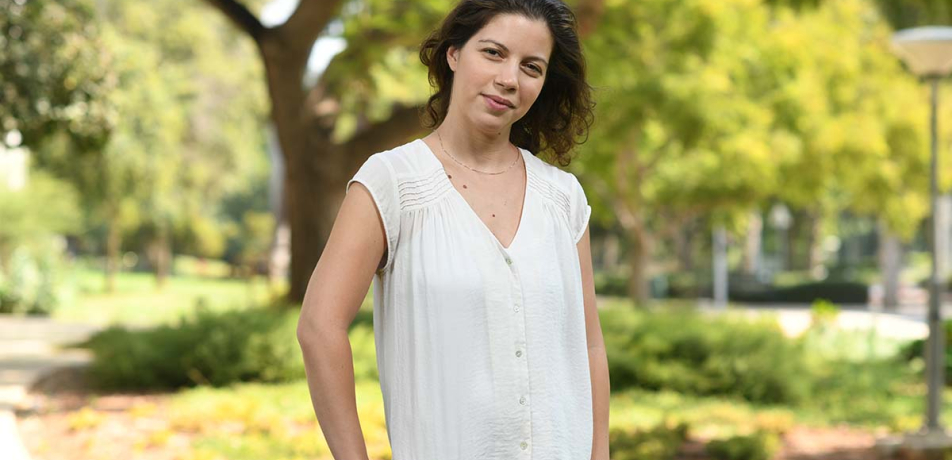The challenge of quantum cryptography
Introducing Dr. Rotem Arnon-Friedman
New scientists

As soon as quantum computers become available, encryption needs to move up to the quantum level too. Dr. Rotem Arnon-Friedman believes that the theoretical and practical foundations for security must be developed even faster than the qubits and software needed to run quantum computers.Quantum computing holds tremendous promise for faster and more powerful computers that can quickly give answers to unsolvable problems, but there are many challenges to overcome.
While physicists, computer scientists, mathematicians and engineers work together to build a practical quantum computer, the developing field of quantum information science is figuring out how to leverage the advantages that quantum technologies bring, such as safer and more efficient communication networks, while overcoming their cryptographic risks.
Dr. Arnon-Friedman works on one of the basic security questions in the emerging field of quantum cryptography: how to create a shared secret key that is impossible to crack, even if the hacker is able to manipulate the communications and has access to a quantum computer. While it is nearly impossible to defeat public-key encryption schemes using the fastest conventional computers available today, a quantum computer could potentially perform this task with ease.
Guaranteeing security
Although various schemes for quantum key distribution have been introduced, the underlying proofs of security remain very challenging. One of the key challenges is to develop a protocol that can guarantee security, irrespective of the quality as well as the trustworthiness of the physical devices used to implement the process. This involves building some sort of a test as a quality control measure into the protocol that shows that the communication is genuine and was not tampered with.
Dr. Arnon-Friedman began working on such security proofs as a PhD student at ETH Zürich, and went on to pursue related questions with one of the founders of the field of quantum computing at the University of California, Berkeley. She has helped develop a general framework consisting of a flexible protocol and analysis for obtaining proofs of security for a broad range of cryptographic tasks.
Biography
After her service as a sargeant in the Israel Defense Forces software school and teaching advanced programming classes from 2004-2006, Dr. Rotem Arnon-Friedman completed her BSc in physics and computer science at Tel-Aviv University in 2010. She earned an MSc in computer science in 2012, also at TAU. She moved to Switzerland, where she completed a PhD in the Quantum Information Theory group at the Institute of Theoretical Physics at ETH Zürich in 2018. Dr. Arnon-Friedman worked as a postdoctoral researcher in the Department of Electrical Engineering and Computer Science at the University of California, Berkeley until she joined the Weizmann Institute in 2020.
She was on the Dean’s List at TAU, and received several awards for excellence by the Department of Physics at TAU. She was awarded the ETH Medal for her outstanding doctoral thesis and received a Swiss National Science Foundation Postdoctoral Mobility Fellowship in 2019. She serves as a reviewer for a series of top professional journals.








